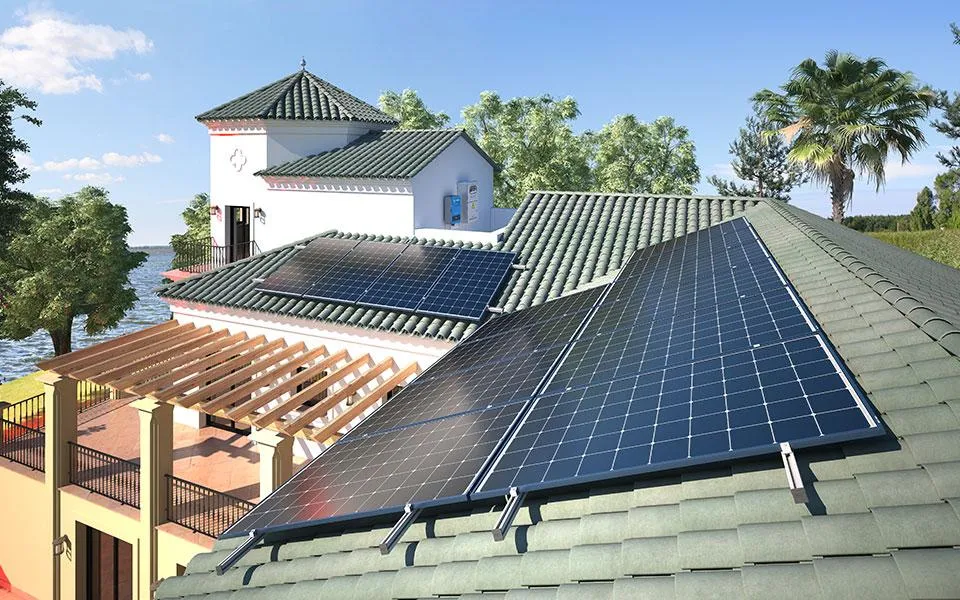Complete Residential Solar Power Solutions for Your Home Energy Needs
The Benefits of a Whole Home Solar System
In recent years, the adoption of solar energy has gained significant momentum as homeowners seek sustainable and cost-effective energy solutions. One of the most appealing options available is the whole home solar system, which allows homeowners to harness solar energy to power their entire home. This transformative technology not only reduces electricity bills but also enhances energy independence and contributes to environmental sustainability.
A whole home solar system typically comprises solar panels, an inverter, and often a battery storage system. Solar panels, usually installed on the roof, capture sunlight and convert it into direct current (DC) electricity. The inverter then transforms this DC electricity into alternating current (AC) electricity, which powers the home’s appliances and systems. If the system includes battery storage, excess energy generated during peak sunlight hours can be stored for later use, ensuring that homeowners have power even during cloudy days or at night.
One of the most significant benefits of a whole home solar system is the reduction in electricity costs. By generating their own electricity, homeowners can significantly lower or even eliminate their monthly utility bills. The extent of these savings depends on factors such as geographical location, system size, and energy consumption patterns. In regions with high electricity rates and ample sunshine, homeowners can expect substantial financial returns on their solar investment.
Moreover, many governments and local utilities offer incentives to encourage solar adoption
. These can include tax credits, rebates, and net metering programs that allow homeowners to sell excess energy back to the grid. These incentives further enhance the financial appeal of installing a whole home solar system, making it an appealing choice for many.whole home solar system

Another advantage is energy independence. As utility rates continue to rise, many homeowners are looking for ways to insulate themselves from fluctuating energy prices. A whole home solar system allows homeowners to generate their own power, reducing their reliance on traditional energy sources and fossil fuels. This energy independence can offer peace of mind, particularly during power outages or emergencies.
In addition to the financial and independence benefits, a whole home solar system has significant environmental advantages. Solar energy is a clean and renewable resource that reduces greenhouse gas emissions and decreases the carbon footprint of households. By choosing solar, homeowners are taking a proactive step toward combating climate change and promoting a sustainable energy future. This commitment to sustainability can be a strong selling point for environmentally conscious buyers when it comes time to sell their home.
Installing a whole home solar system also increases property value. Studies have shown that homes equipped with solar energy systems often sell at a premium compared to those without. Homebuyers recognize the long-term savings and benefits associated with solar energy, making homes with solar systems more attractive in the competitive real estate market.
However, investing in a whole home solar system does require careful consideration. Potential buyers should assess their energy needs, budget, and available roof space. Consulting with a reputable solar provider can provide insights into the best system size and configuration to meet specific household demands. Additionally, homeowners should explore financing options, as choices range from outright purchase to leases and power purchase agreements (PPAs).
In conclusion, a whole home solar system is a wise investment for homeowners seeking to lower their energy costs, gain energy independence, and contribute positively to the environment. With numerous benefits, including financial savings, energy resilience, and increased property value, solar energy emerges as a sustainable solution for the modern homeowner. As technology continues to innovate and prices decrease, the transition to solar energy becomes an increasingly viable and compelling choice for households everywhere.
-
String Solar Inverter: The High-Efficiency Solution for Smart Solar EnergyNewsJul.14,2025
-
Revolutionizing Rooftop Energy with the Power of the Micro Solar InverterNewsJul.14,2025
-
Power Independence with Smart Off Grid Solar Inverter SolutionsNewsJul.14,2025
-
On Grid Solar Inverter: Powering the Future with Smart Grid IntegrationNewsJul.14,2025
-
Monocrystalline Solar Panels: High-Efficiency Power for the Future of Clean EnergyNewsJul.14,2025
-
Bifacial Solar Panel: A Smarter Investment for Next-Generation Energy SystemsNewsJul.14,2025







